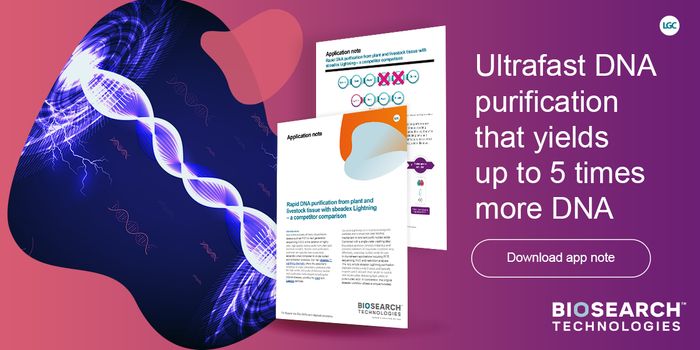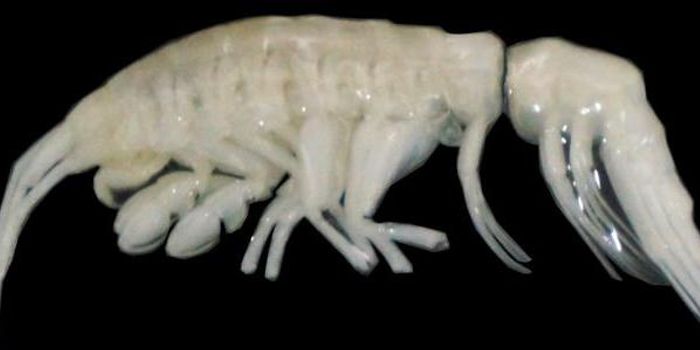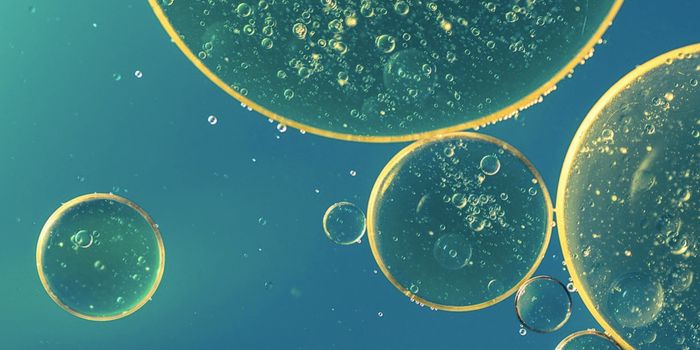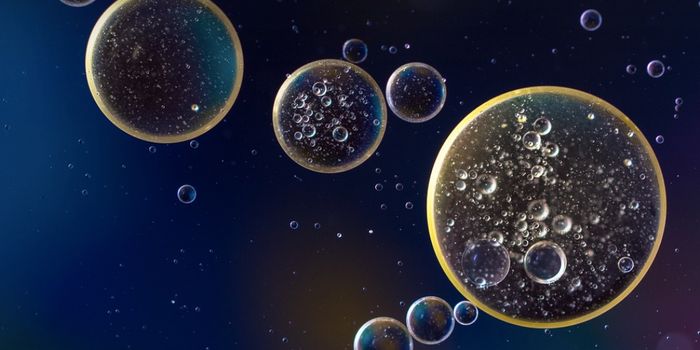Losing a Loved One Advances Aging on the Epigenetic Clock
Age is a complicated thing, and scientists are still finding ways to measure it. The epigenetic clock, for example, is a newly developed way a looking at biological age. Researchers have found that patterns in methyl tags that adorn DNA, an epigenetic feature known as methylation, correlate with biological age and the degeneration in cellular function that can accompany aging. Scientists also recently tested this theory, and found evidence for a cause-and-effect relationship between changes in methylation patterns and aging.
New research has now suggested that the loss of a close relation can increase a person's aging rate from the epigenetic perspective. This work followed thousands of people over many years, and determined that when someone lost a parent, child, sibling, or partner, they carried more signs of biological age, based on epigenetic markers, compared to people of similar ages who had not experienced such a loss. The findings have been reported in JAMA Network Open.
"Few studies have looked at how losing a loved one at different stages of life affects these DNA markers, especially in study samples that represent the U.S. population," said lead study author Allison Aiello, PhD, a professor at Columbia University. "Our study shows strong links between losing loved ones across the life course from childhood to adulthood and faster biological aging in the US."
In this work, the investigators assessed data going back to 1994 from the National Longitudinal Study of Adolescent to Adult Health; participants were followed from their teen years into adulthood. Individuals were separated into 'waves' and timeframes for a statistical analysis.
Wave I started from 1994 to 1995. There were 20,745 people roughly aged twelve to nineteen in this group. Wave V ran from 2016 to 2018 and 12,300 of the original participants were interviewed during this time. Of these individuals, about 4,500 submitted a DNA sample.
Losses that were experienced during before the age of 18, and losses that took place between the ages of 19 and 43 years old were considered. A tool called DunedinPACE was one of several used to evaluate age with epigenetic clocks.
The work showed that about 40 percent of the study participants experienced at least one loss between the ages of 33 and 43. About 27 percent of people lost a parent in adulthood while 6 percent lost a parent during adolescence. More Black (57 percent) and Hispanic (41 percent) individuals experienced one or more losses compared to white participants (34 percent).
Study volunteers who experienced two or more losses were shown to have older epigenetic biological ages. When there were two or more losses in adulthood, there was also a much stronger connection to biological aging compared to one loss and far more than no losses.
"The connection between losing loved ones and health problems throughout life is well-established," Aiello noted. "But some stages of life might be more vulnerable to the health risks associated with loss and the accumulation of loss appears to be a significant factor."
While experiencing a loss is difficult for most people at any age, people who experience the loss of a partner or close relative in early life may be far more vulnerable to trauma from the event because of their age, for example. They may go on to have more mental, cognitive, or biological problems than others, and a greater likelihood of earlier death themselves. Repeated losses may also have a devastating impact. These patterns may also partly explain disparities in health outcomes among different groups.
"We still don't fully understand how loss leads to poor health and higher mortality, but biological aging may be one mechanism as suggested in our study. Future research should focus on finding ways to reduce disproportionate losses among vulnerable groups. For those who experience loss, providing resources for coping and addressing the trauma is essential," Aiello concluded.
Sources: Columbia University, JAMA Network Open









